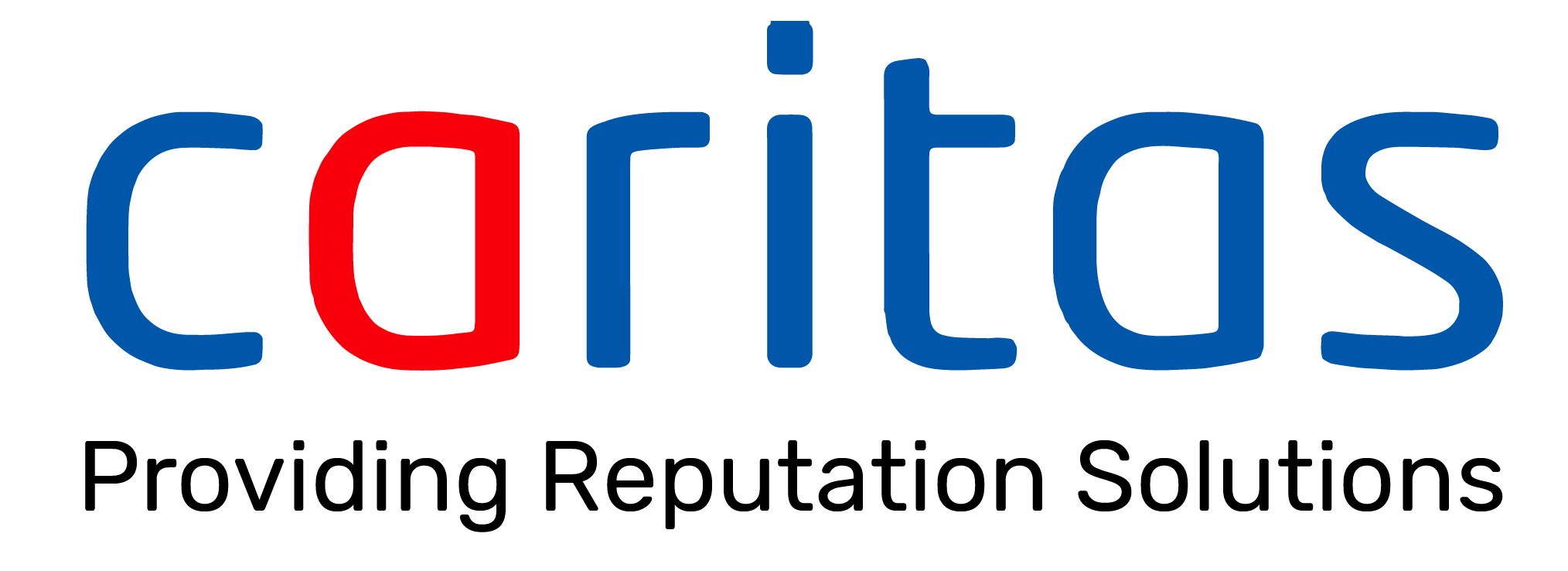A corporate event is one means through which businesses reach their target audience and interface with them one on one. It creates an avenue for business owners, clients, and prospective clients to have a closer bond as they get to interact and relate closely. It is however important to know that no event is small in terms of putting plans in place.
A corporate event is not defined by the number of people present; It can be an event between 10 or 500 people. The key factor to consider is the approach put in place while planning the event. One of the effective things to do when planning a corporate event is breaking the event down into stages. “ It’s key to approach each gathering with an understanding of the five elements of event management – research, design, planning, coordination, and evaluation. Once an event is broken up into these manageable stages, it is much easier to conceptualize it and pull together the many moving pieces needed to bring it to life”.
Having all these in mind, here are a few things to look out for when planning a corporate event.
- Identify the rationale behind the event. This is the first step to consider before doing anything else when you are about to host a corporate event. At this stage, you must be able to point out the reasons behind hosting the event; Your set goals and objectives, what you hope to achieve at the end of the day, your target audience, and your general expectations. By identifying all these, you will be able to orchestrate the event in line with the set goals and objectives.
- Define your target audience. If you want your corporate event to be meaningful and engaging, then defining your target audience is key. A crucial part of the corporate event planning process is knowing who the event is meant for. A successful event is not measured by the number of attendees but rather by the impact of the event on the audience it was targeted at. This simply implies that you can only achieve your set goals if your event is suitable for the audience present. For instance, a corporate event initiated to talk about a company’s internal reformation will not be suitable for an audience that majorly consists of members of the host community of such company unlike when such event is set up for an audience which includes managers, board members, shareholders and company’s executives.
- Have a budget. After you must have identified what you aim to achieve as well as your targeted audience, stating a realistic budget should follow the process. At this point, you need to have an idea of the cost implication considering the nature of the event you are planning. Once you have a stipulated budget, you will be able to work within the confines of your plan when allocating resources.
- Be flexible. Irrespective of the nature of the event and the calibre of your audience, make sure the event isn’t strictly/too formal. Ensure you create an opportunity for the attendees to have fun and interact with one another. Avoid a‘speaker to audience only’’ kind of setting. Interactive events are more memorable and successful as people tend to get bored easily when there is nothing to spice up an event.
- Evaluate your event planning result. This is the stage where you determine the success or setback of the event. The evaluation covers the feedbacks you get from the attendees, the assessment of your initial set goals and objectives, calculating your expenditures and profit (if the need is), and your overall post-event impact. By so doing, you can easily re-strategize for the next event.
In view of these, corporate event planning irrespective of the audience size will only be successful and remarkable if handled properly. Organizing events is one of the potent means of building brand reputation and recognition.
At Caritas Communications, we are aware of the intricacies involved in event management and have a well-rounded team that can deliver effectively. Send us your brief today.

